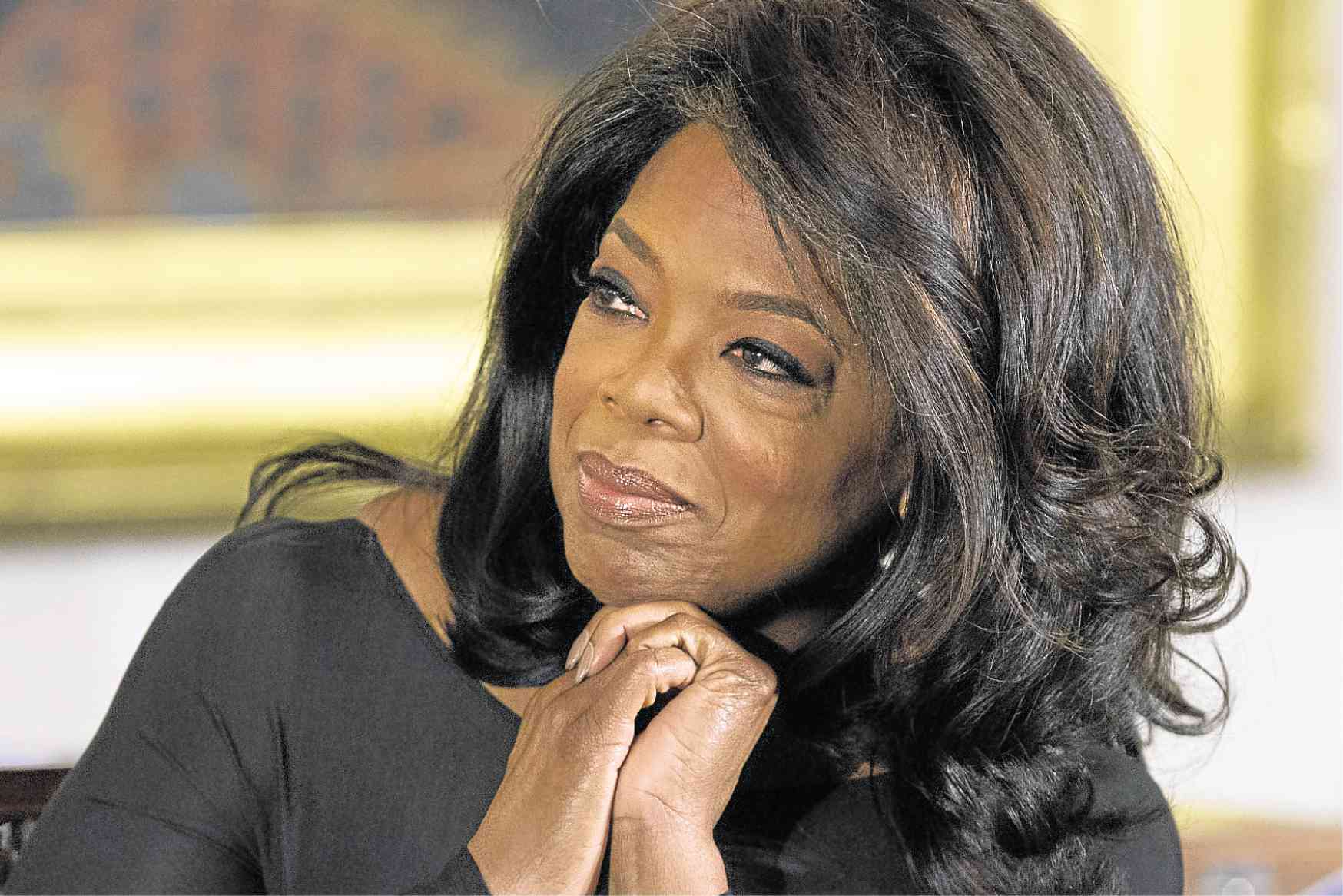Oprah for president—pro and con
No sooner had Oprah Winfrey completed her acceptance speech for her Cecil B. DeMille lifetime achievement award at the Golden Globes weeks ago than quite a number of people began touting her as a presidential candidate in 2020—pointedly describing her as “the complete opposite” of Donald Trump, who’s expected to run for reelection.
“The Daily Show” host Trevor Noah puckishly summed up her plus points: “She’s black. She’s a woman. She likes to read!”
Her new legions of political boosters eagerly added: She’s an even more popular celebrity than Trump, she’s universally well-liked, she’s particularly strong with women, African-American and young voters, and she’s self-made and thus “motivational and inspirational.”
On the other hand, people who don’t want her to run cite Oprah’s perceived drawbacks: lack of political, governance and legislative experience, unfocused program of government and insufficient political will.
Golden reputation
Article continues after this advertisementIn addition, some people who think the world of Oprah don’t want her to run because “it will ruin who she is.”
Article continues after this advertisementExposés during the campaign period would tarnish her golden reputation.
Another negative factor is her being a celebrity like Trump. Since he’s doing so badly as president, the dissers say, the United States should learn its lesson and stop voting for celebrities who are unprepared for “the toughest job in the country—and in the world.”
Naturally, Oprah’s boosters counter by declaring that, being Trump’s opposite, she will make doubly sure that she won’t repeat his mistakes.
Plot thickens
The plot thickens when doubters and dissers tick off more arguments against an Oprah run and presidency: How will her “partner,” Stedman Graham, factor into the equation as first gentleman—when they aren’t even married?
In addition, her now powerful situation in life is perceived to distance her from many deprived Americans, despite her once-oppressed backstory—so, how can she think, speak and act for them?
All of these conflicting and sometimes contradictory inputs are just a preview of the continually complicating political scene, should Oprah finally decide to run. There’s so much at stake that her detractors and opponents will stop at nothing to make sure she doesn’t win.
Worth it?
For her defenders, however, the gains would be worth all of the consequent difficulties: The United States shall have elected its first female president in its history—and she would be African-American, to boot! How’s that for “20-20” vision?
The twin turnarounds’ significance would not be lost on the country’s women and minorities, who would finally see proof of genuine equality of opportunity and reality in American life.
In particular, the country’s youth would get a big boost from Oprah’s seminal victory, and it would exponentially raise their own horizons for what they can aspire for—and achieve!
